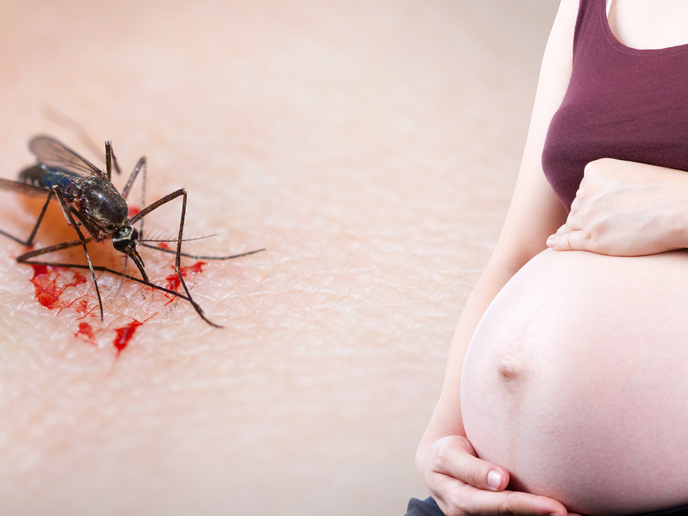New epitopes for an effective HIV vaccine
The problem to date with finding a truly prophylactic HIV vaccine stems from the difficulty of identifying immunogens that give rise to broadly neutralising antibodies. Broadly speaking, a neutralising antibody is any antibody that negates the effect of an antigen or infectious body. The aim of the 'Identification of novel HIV-1 epitopes as vaccine candidates' (EPI-VAC) project was to pave the way for an effective vaccine by identifying peptides and proteins that stimulate an immune response. The new non-toxic immunogens can then be synthesised for incorporation into vaccines. EPI-VAC scientists isolated protein immunogens that fitted the criteria for production of neutralising antibodies. At closure of the project, the researchers were validating the immune responses in rabbit models. The next step is to run immunological tests in Simian immunodeficiency virus (SIV) monkey models before the immunogens are launched onto the market as vaccines. Otherwise known as the African green monkey virus, SIV is thought to be the forerunner of HIV as it crossed the species barrier. Further funding will be required to run trials with non-human primate models. A new breed of HIV vaccine based on novel peptides is of prime importance to health authorities worldwide. Collaboration for further development and research on the vaccines is sought and patents are pending for the technology involved as well as the protein immunogens.







